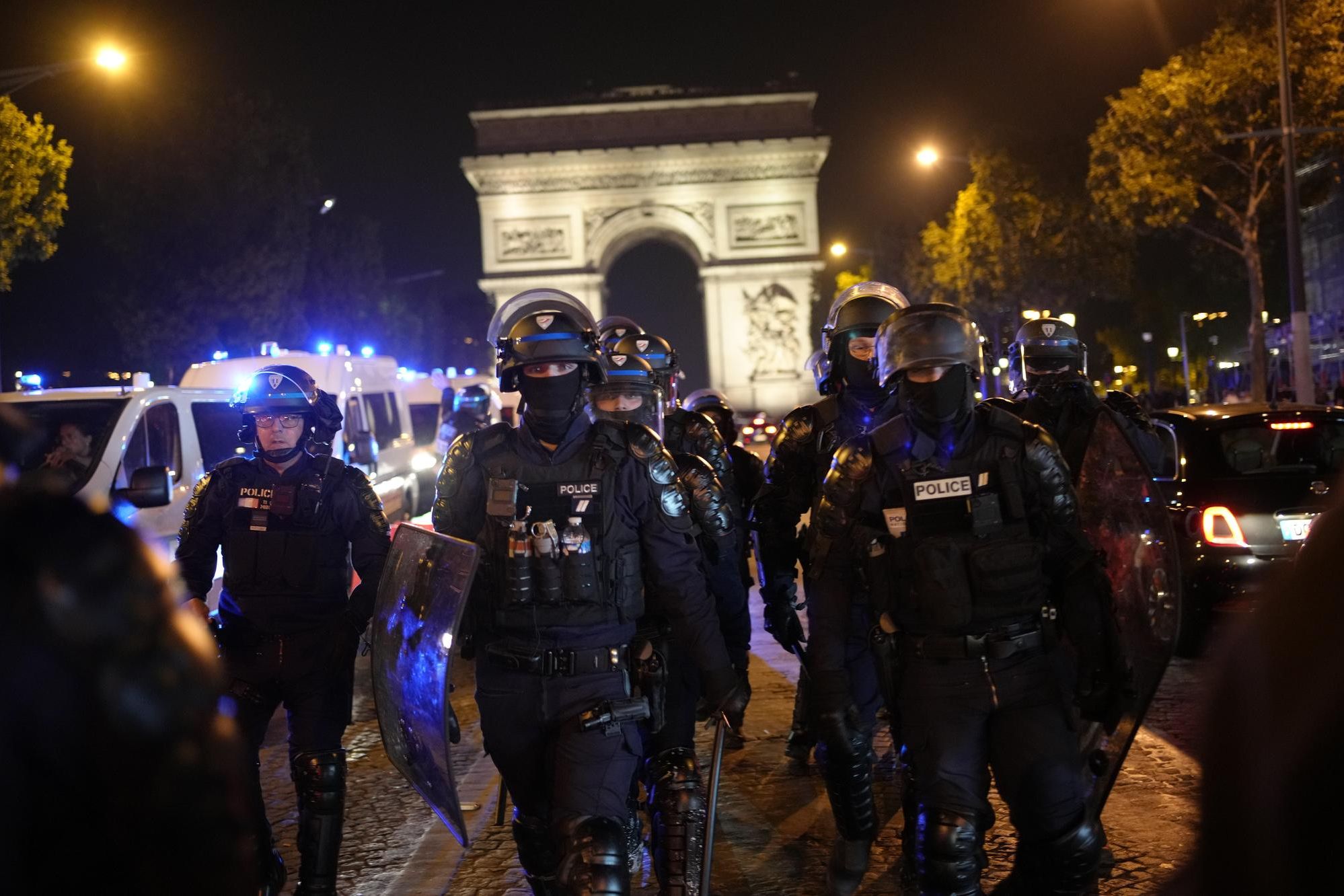French police are often viewed as having a much lower rate of discharging their weapons and killing civilians compared to their counterparts in the United States. However, this perception is mainly held among white people in France. Among migrants and their children, particularly those from North and sub-Saharan Africa, there is a deep-seated resentment towards law enforcement, which is seen as a reflection of bias in French society. In a recent survey, nearly 90% of black and mixed-race residents in France reported experiencing racial discrimination, with about half of them being stopped and asked for identification, a rate more than double that of the overall population. Additionally, during the initial months of the pandemic lockdown, police fines in areas with high immigrant populations were over 50% higher compared to other regions.
For many residents, even those born or having lived in France for decades, routine racial profiling and a sense of not being fully accepted as French are part of their daily reality. Discrimination has been documented in various aspects of life, including employment, education, and public spaces. The recent death of Nahel Merzouk sparked riots in several major cities, forcing President Emmanuel Macron to address the situation. However, it is important to recognize that Macron is only addressing the symptoms rather than the underlying causes of inequality in France. The country’s colonial history has created divisions that have been overlooked for years, with the government’s policy of colorblindness further hindering progress. Limited data collection on race and ethnicity under French law allows the government to remain ignorant of the racial or ethnic composition of its police force.
Despite Macron’s denial of systemic racism in the police, minority residents in France experience the bias firsthand, regardless of the absence of official data. Calls for the country to confront these issues are not new, and they have become even more urgent since the 2005 riots, sparked by the deaths of two teenagers in confrontations with the police. Although the government declared a state of emergency and implemented reforms in response to those riots, the problems still persist today.
As a result, the police continue to be disliked by the communities they are supposed to protect. It is evident that addressing these deep-rooted issues requires more than just temporary measures and cosmetic reforms. French society needs to grapple with its historical dilemmas and fully acknowledge the systemic biases that exist in order to bring about substantial change.
Denial of responsibility! VigourTimes is an automatic aggregator of Global media. In each content, the hyperlink to the primary source is specified. All trademarks belong to their rightful owners, and all materials to their authors. For any complaint, please reach us at – [email protected]. We will take necessary action within 24 hours.


